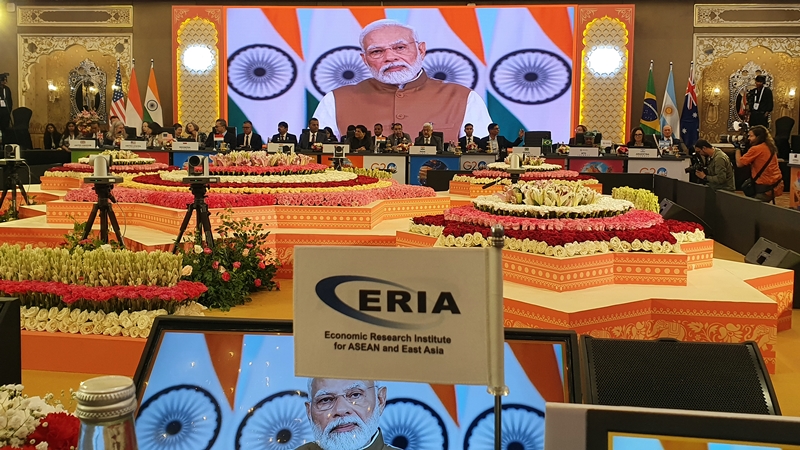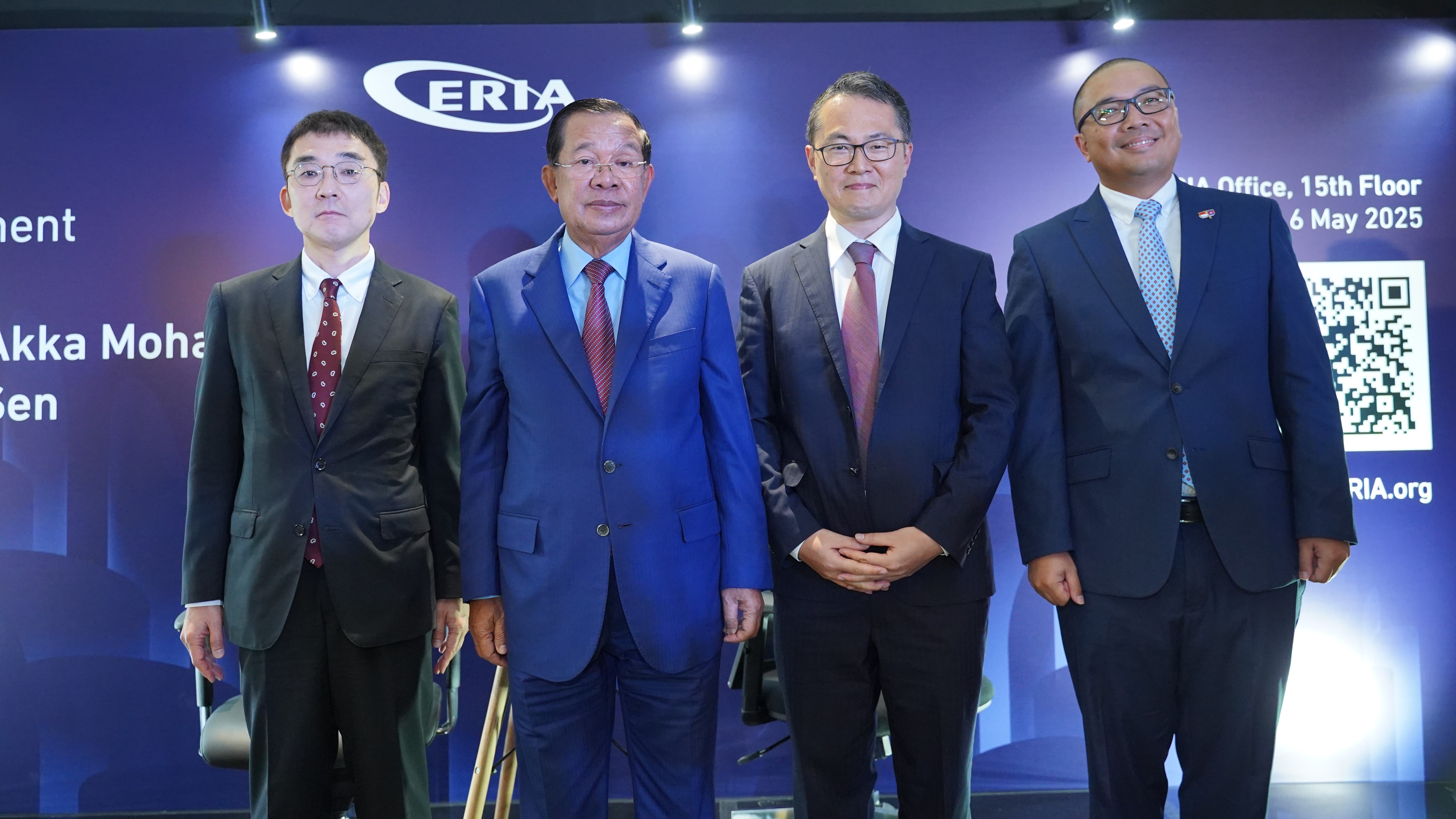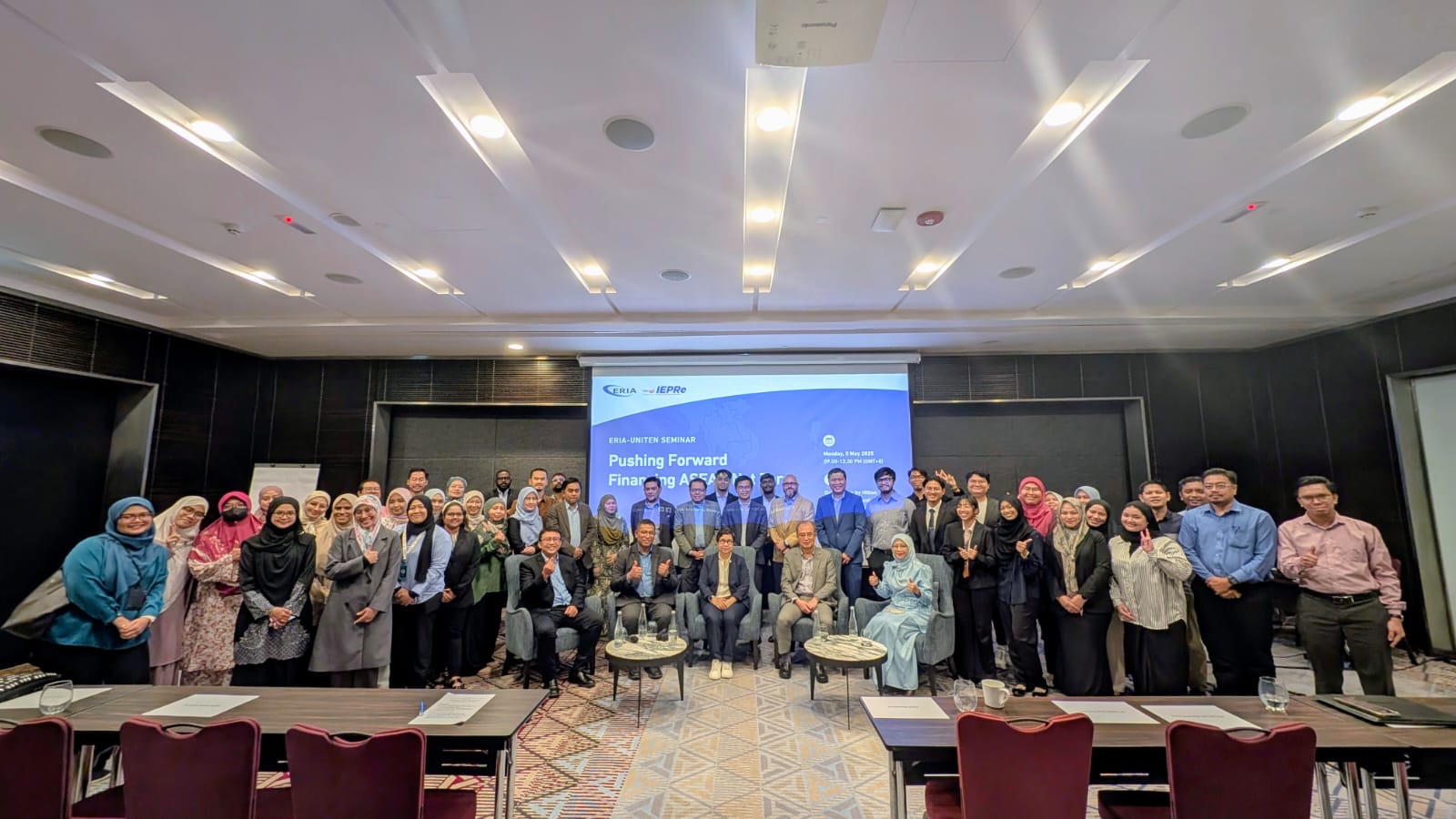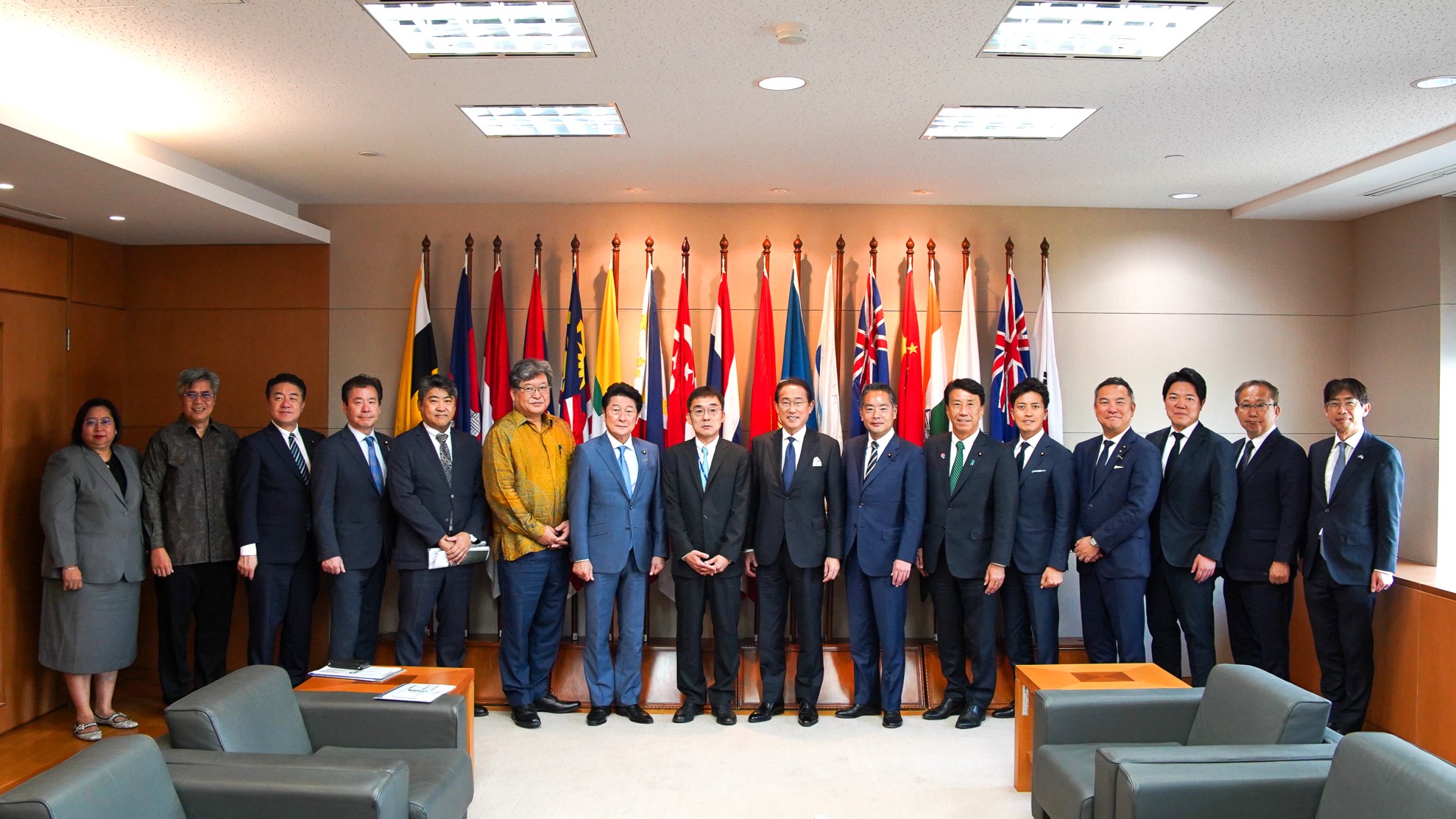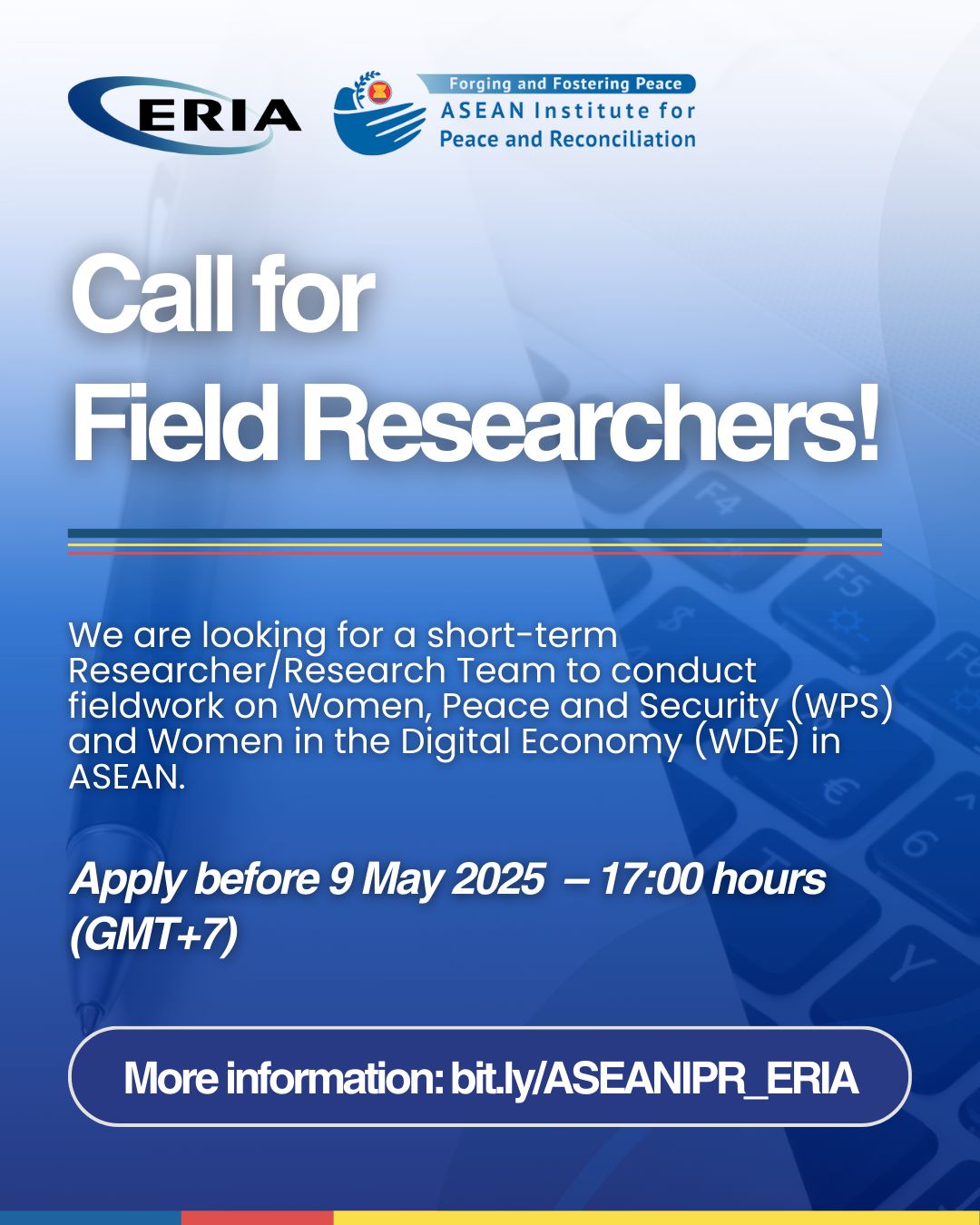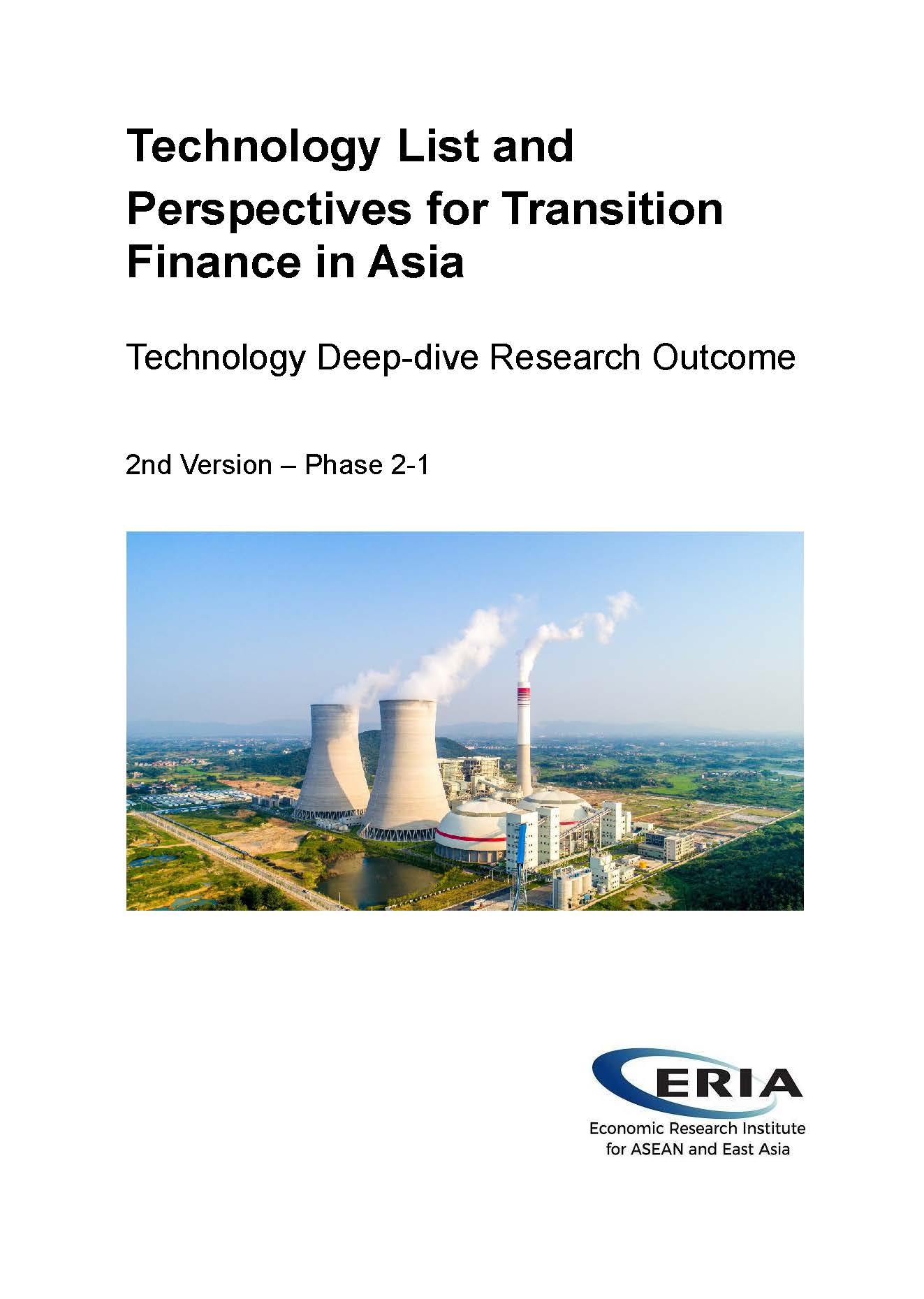ERIA Participates in G20 Trade and Investment Ministerial Meeting
Share Article:
Print Article:
Jaipur, 24-25 August 2023: On behalf of Economic Research Institute for ASEAN and East Asia (ERIA) President Tetsuya Watanabe, Anita Prakash, Senior Policy Advisor in the Office of the President, represented ERIA at the G20 Trade and Investment Ministerial Meeting (TIMM) under India’s Presidency in Jaipur, Rajasthan, India. The TIMM was preceded by the fourth Trade and Investment Working Group (TIWG) on 21-22 August at the same venue. ERIA is a knowledge Partner of India's Department of Commerce, and the chair of TIWG and TIMM.
The meeting was led by Piyush Goyal, India's Union Minister of Commerce and Industry, Consumer Affairs, Food & Public Distribution, and Textiles, who expressed his appreciation of the G20 ministerial delegations and delegates, invited countries and international organisations for their commitment and contribution to deliberations which led to the finalisation and adoption of the Outcome Document and Chair’s Summary.
India's Prime Minister Narendra Modi addressed the TIMM online. He emphasised that G20 has the responsibility to rebuild confidence in international trade and investment order. He stressed the need to build resilient and inclusive global value chains which can withstand future shocks and ensure higher participation of micro, small and medium-sized enterprises (MSMEs) in global trade. He also spoke of India’s firm belief in a rules-based, open, inclusive, multilateral trading system, with the World trade Organization (WTO) at its core.
Under India’s Presidency, the meeting reached a ground-breaking consensus on five concrete and action-oriented deliverables, which have been adopted in the Outcome Document of the meeting.
ERIA presented its views on the deliberations and outcomes of the TIMM, encapsulating its research contributions for the priorities and actions agreed to in the TIMM.
The TIMM adopted the high-level principles on digitalisation of trade documents, wherein the G20 Ministers established 10 broad principles which comprehensively cover the dimensions of an effective transition to paperless trade. These principles will provide guidance in implementing measures related to the cross-border exchange of electronic trade-related data and documents, emphasising the need for a secure, interoperable, and transparent paperless cross-border trade environment. Inclusivity has been prioritised as one of the principles, ensuring such a transition accommodates businesses of all sizes.
G20 Ministers also issued a Jaipur Call for Action to enhance access to information for MSMEs. The ministers called upon the International Trade Centre (ITC) in Geneva, Switzerland, to work on a detailed implementation plan, in consultation with the United Nations Conference on Trade and Development (UNCTAD) and the WTO, for upgrading ITC’s Global Trade Helpdesk to address the informational gaps faced by MSMEs.
The ministers also endorsed a G20 generic mapping framework for GVCs which contained the key building blocks of data, analysis, and representation of GVC data. The framework identifies key dimensions to help evaluate the resilience of GVCs both at the sectoral and product levels. Guiding principles for collaboration to address the need for keeping critical GVCs resilient and robust were also included in the framework.
G20 ministers welcomed the voluntary sharing of best practices on mutual recognition agreements (MRAs) for professional services and supported the development of a Presidency’s Compendium of best practices on MRAs for professional services. They welcomed the Presidency’s suggestion to hold a G20 Standards Dialogue in 2023, which will bring together members, policymakers, regulators, standard-setting bodies, and other stakeholders, to discuss topics of common interest such as good regulatory practices and standards.
The meeting was notable for the keynote address of WTO Director General Dr Ngozi Okonjo-Iweala, who called on all G20 ministers to narrow down realistic deliverables for agreement at the WTO’s 13th Ministerial Conference (MC13) in early 2024. G20 ministers reiterated their commitment to strengthening the rule-making arm of the WTO and underscored the importance of the ongoing negotiations in the WTO. Notably, the ministers agreed to continue to work constructively to ensure positive outcomes, including on WTO reform.
Despite political differences over a single paragraph in the Ministerial Outcome document, the TIMM in Jaipur will be regarded as a success. The consensus among the G20 ministers comes at an appropriate time for international trade, for the resilience of the GVCs, and for the rule-making process at the WTO MC13.
